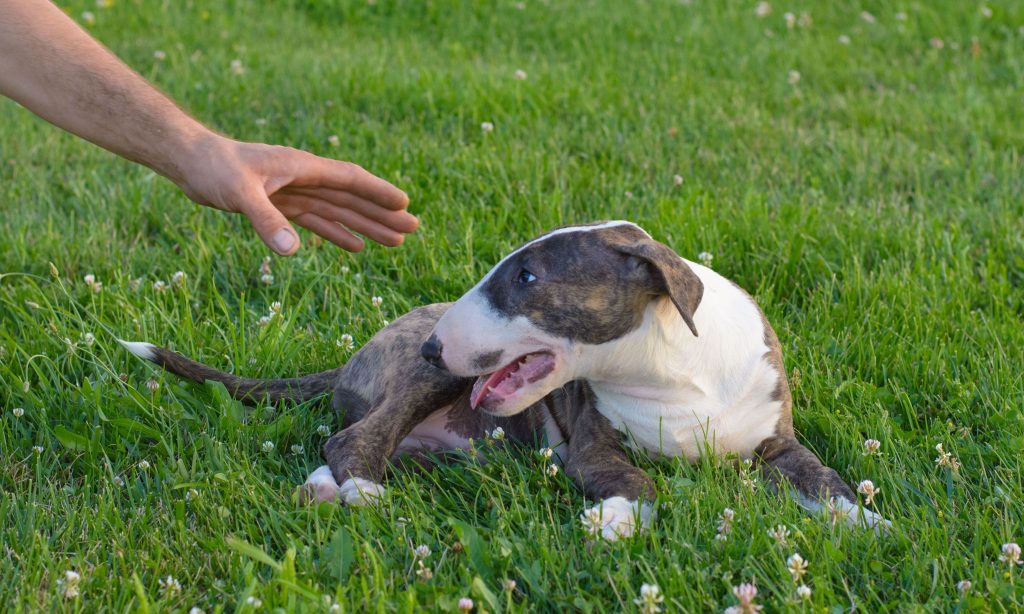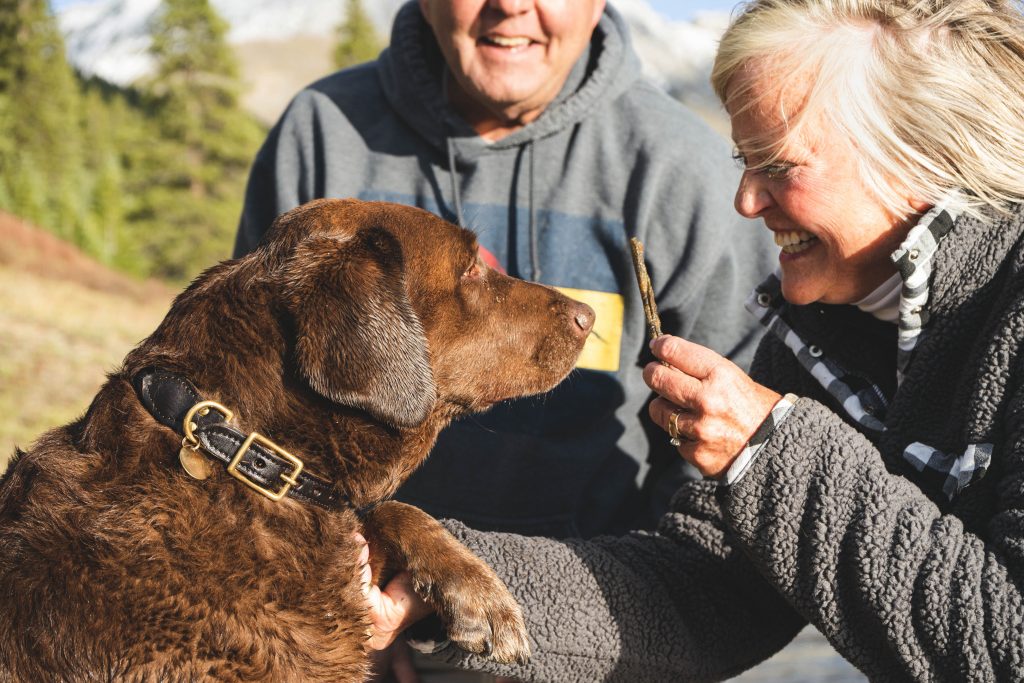This post aims to educate dog parents on the psychology of dominance as it relates to puppy training and how it can affect their relationship with their furry companion. The goal is to provide a better understanding of the concept of dominance, how it impacts the behavior of dogs and how it can affect the training process. Additionally, the post aims to provide practical advice and tips on how to effectively train a puppy without relying on dominance-based methods.
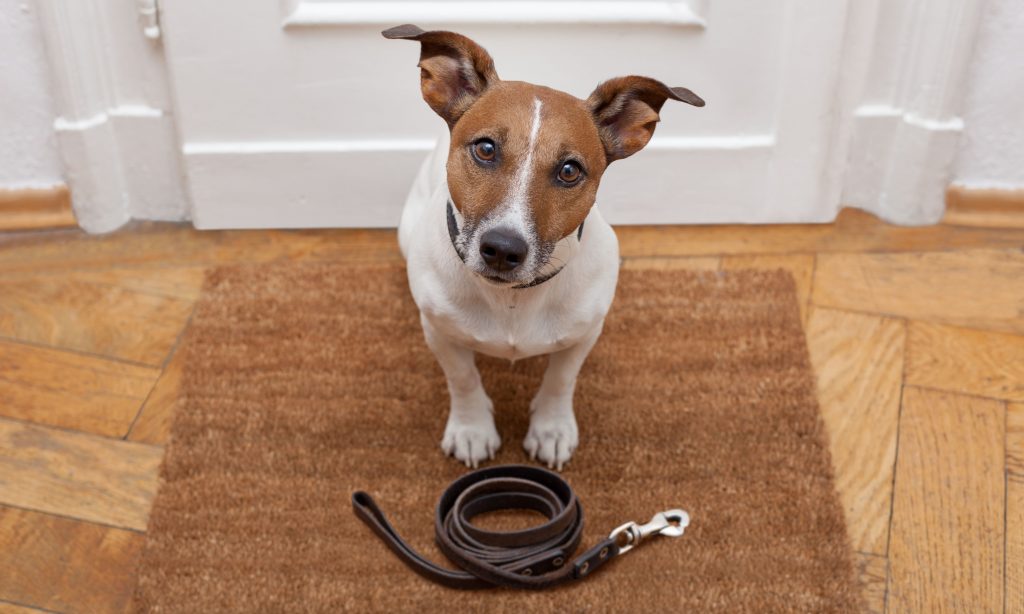
When it comes to puppy training, the concept of dominance is often brought up. However, the traditional understanding of dominance as it relates to dogs is based on outdated and incorrect information. The idea that dogs must be dominated and controlled in order to be trained is not only incorrect but can also be harmful to both the dog and the owner.
The truth is that dogs do not think or act like humans, and their social structure is not based on a hierarchy of dominance. Instead, dogs form social bonds based on mutual respect and trust. This means that when training your puppy, it’s important to focus on building a positive relationship and not on exerting dominance.
One of the main misconceptions about dominance is that it is synonymous with being an alpha dog or a pack leader. However, the term “alpha” is not a scientifically recognized term when referring to dogs, and the idea of a pack leader is based on the outdated understanding of wolves’ social structure, which does not apply to domestic dogs.
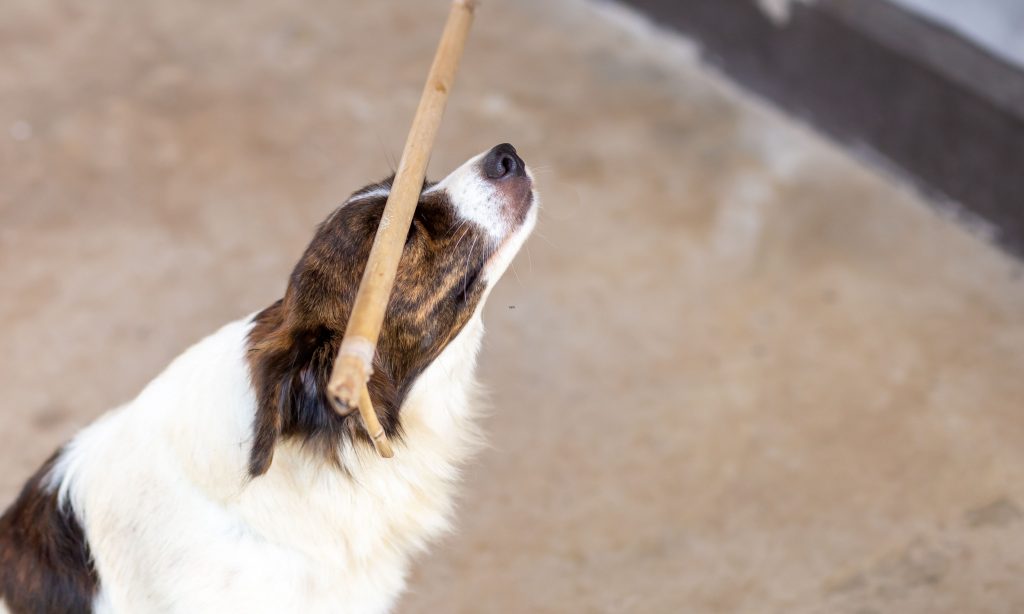
Another misconception is that dominance-based training methods, such as physical punishment or alpha rolls, are effective in training a puppy. In reality, these methods can cause fear, anxiety, and aggression in dogs and can damage the relationship between the dog and the owner.
The key to successful puppy training is positive reinforcement. This method focuses on rewarding good behavior and reinforcing desired behaviors rather than punishing bad behavior. Positive reinforcement training helps to build trust and a positive relationship between the dog and the owner.
Another important aspect of puppy training is socialization. Socialization is the process of exposing your puppy to different people, places, and experiences, in a controlled and positive way. This helps them to become well-adjusted and confident adult dogs and can prevent behavior issues related to lack of socialization.
Conclusion:
When it comes to puppy training, it’s important to understand that dominance is not a necessary aspect of training. Instead, focus on building a positive relationship and reinforcing good behavior through positive reinforcement training. If you have any questions or concerns about puppy training or the psychology of dominance, feel free to visit our website and chat with us. We would be happy to help.
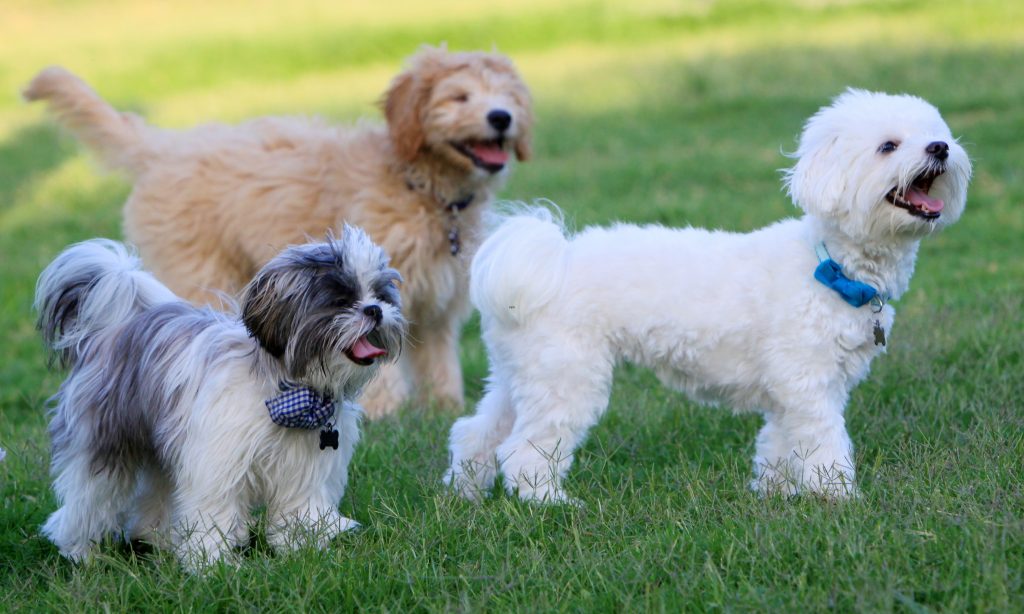
Frequently Asked Questions:
How does the traditional understanding of dominance affect puppy training?
The traditional understanding of dominance, that dogs must be dominated and controlled in order to be trained, is based on outdated and incorrect information. This approach can be harmful to both the dog and the owner and can damage the relationship between the two.
Is it necessary to be the alpha dog or pack leader when training my puppy?
No, it is not necessary to be the alpha dog or pack leader when training your puppy. The concept of dominance and the idea of an alpha dog or pack leader is based on outdated information and is not scientifically recognized when referring to dogs. Instead, focus on building a positive relationship and reinforcing good behavior through positive reinforcement training.
Are dominance-based training methods effective in training a puppy?
No, dominance-based training methods such as physical punishment or alpha rolls are not effective and can cause fear, anxiety, and aggression in dogs. Positive reinforcement training, which focuses on rewarding good behavior and reinforcing desired behaviors, is a more effective and humane approach to training a puppy.
How does socialization help with puppy training?
Socialization is the process of exposing your puppy to different people, places, and experiences, in a controlled and positive way. This helps them to become well-adjusted and confident adult dogs and can prevent behavior issues related to lack of socialization. Socialization is also an important aspect of puppy training as it can help with learning and reinforcing desired behaviors.
What should I do if I have more questions about dominance and puppy training?
If you have more questions about dominance and puppy training, feel free to visit our website and chat with us. We would be happy to provide more information and answer any questions you may have.

